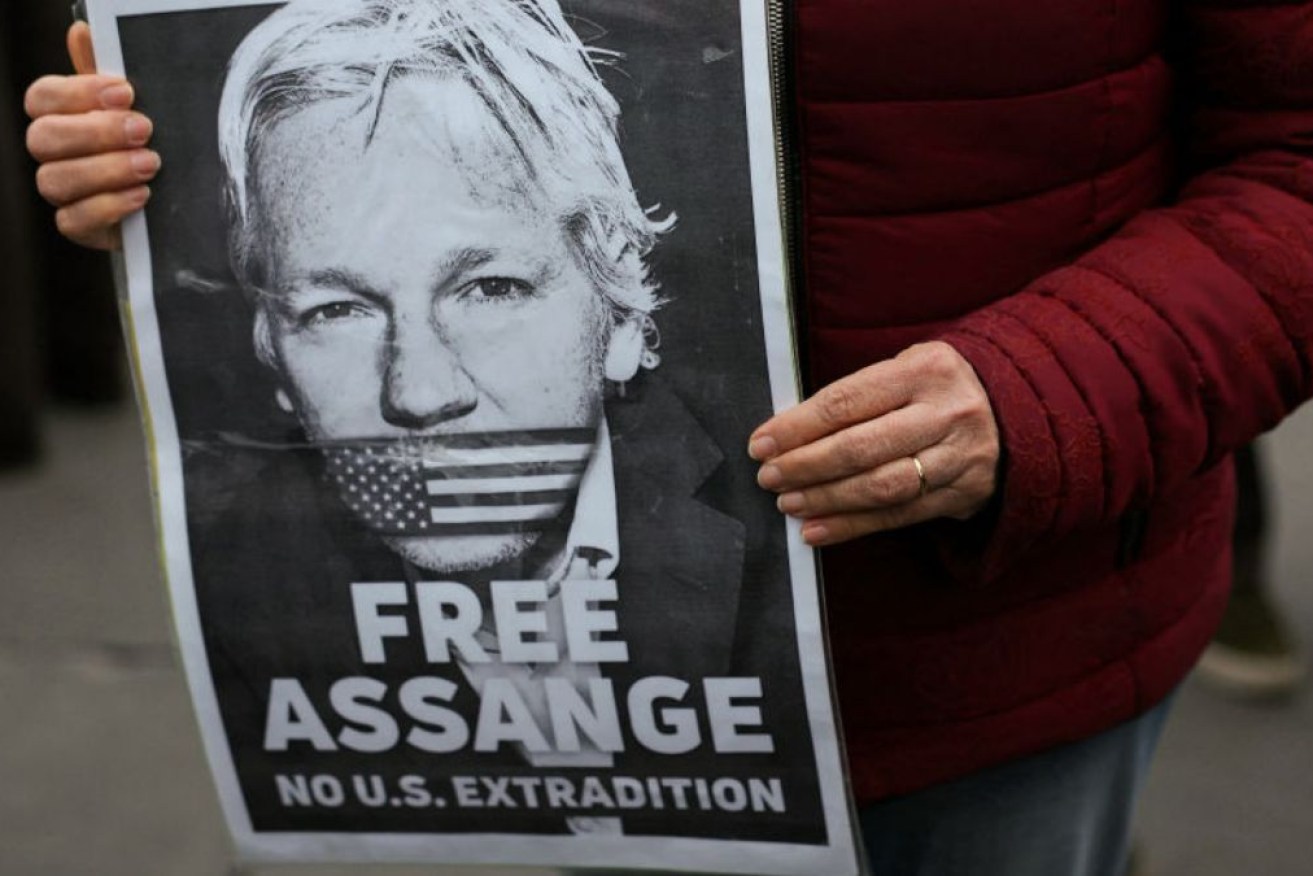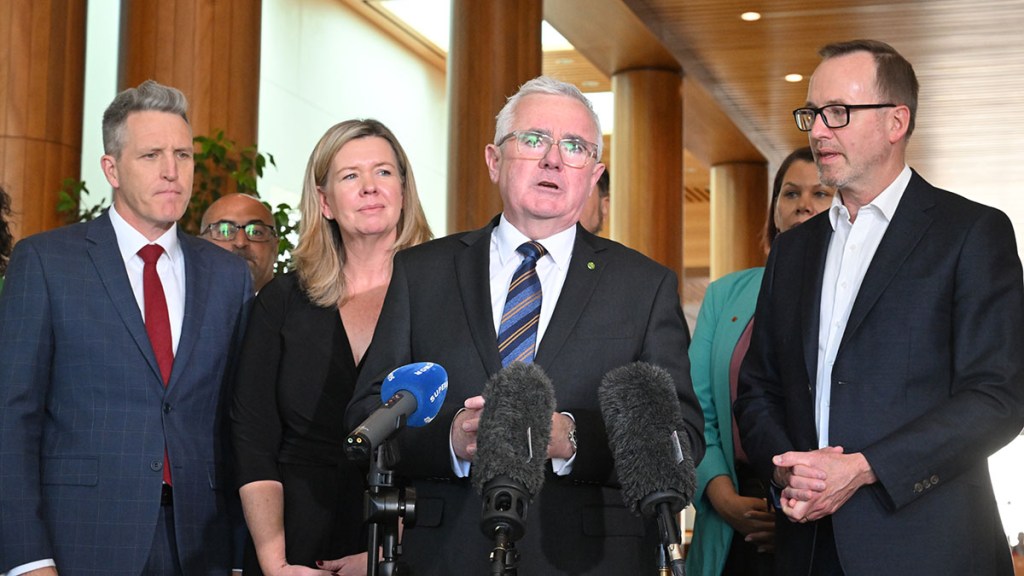What is next for Julian Assange?


Assange's lengthy legal battle against extradition to the United States is coming to an end. Photo: Getty
The United States government’s relentless pursuit of Julian Assange is nearing an end, with the publisher and journalist’s avenues of appeal against extradition nearly exhausted.
The US government wants to put 52-year-old Assange on trial after he released millions of military documents in 2010 and has spent the past six years attempting to extradite him from the United Kingdom.
After more than a decade of either hiding in an embassy or appealing against extradition to the US in a British prison, the Australian is being persecuted under espionage laws and could face up to 175 years in prison.
Assange’s team is appealing to the court to block the extradition based on the claim that in doing so, the UK will be breaching a treaty between it and the US that prohibits it for political offences.
Two judges will hear the appeal and decide Assange’s fate, with his only other grounds for appeal being if he can convince the European Court of Human Rights to step in.
Polarising views
To his advocates – like federal MP Andrew Wilkie – Assange is a political prisoner being persecuted for the crime of journalism that embarrassed the US.
“I thought it was important that an Australian parliamentarian come[s] to London, at least for today, to bear witness to what is going on in that courtroom,” Wilkie said.
“A thumping majority of the House of Representatives voted in favour of the motion that this matter must be brought to an end.”

Andrew Wilkie (centre) with other members of the Bring Julian Assange Home Parliamentary Group. Photo: AAP
To his critics, like the US government, he “indiscriminately and knowingly published to the world the names of individuals who acted as sources of information to the US.”
“It is these core facts which distinguish the position of the appellant from The New York Times and other media outlets,” said lawyer Clair Dobbin, representing the US government in court.
“It is this which forms the objective basis for his prosecution. It is these facts which distinguish him, not his political opinions.”
Collateral murder
Assange’s eventual arrest started in 2010 when WikiLeaks published a series of documents and videos from the Afghanistan and Iraq wars.
Chelsea Manning, then private Bradley Manning, leaked the classified information, which included footage of an airstrike in Bagdad that killed at least 12 people, including two Reuters journalists and several children.
Published as Collateral Murder by WikiLeaks, the 39 minutes of footage included the helicopter pilots laughing about the civilian combatants.
The US military initially reported that the two journalists had been killed alongside nine insurgents, but refused freedom of information requests to hand over the footage.
Legal woes
Following the publication of the war documents, Swedish persecutors issued an arrest warrant for Assange after allegations of sexual misconduct from two women emerged.
After handing himself in to police and being bailed, awaiting extradition to Sweden, Assange fled to the Ecuadorian Embassy in London, where he was granted political asylum in 2012.
After seven years in the embassy, Ecuador withdrew his asylum status and invited police to arrest Assange.
The US government quickly indicted him, with prosecutors arguing he conspired with Chelsea Manning to hack into Pentagon networks to secure the leaks.
After countless appeals to block his extradition, Assange’s lawyers launched a final legal bid to the British High Court on February 20.








